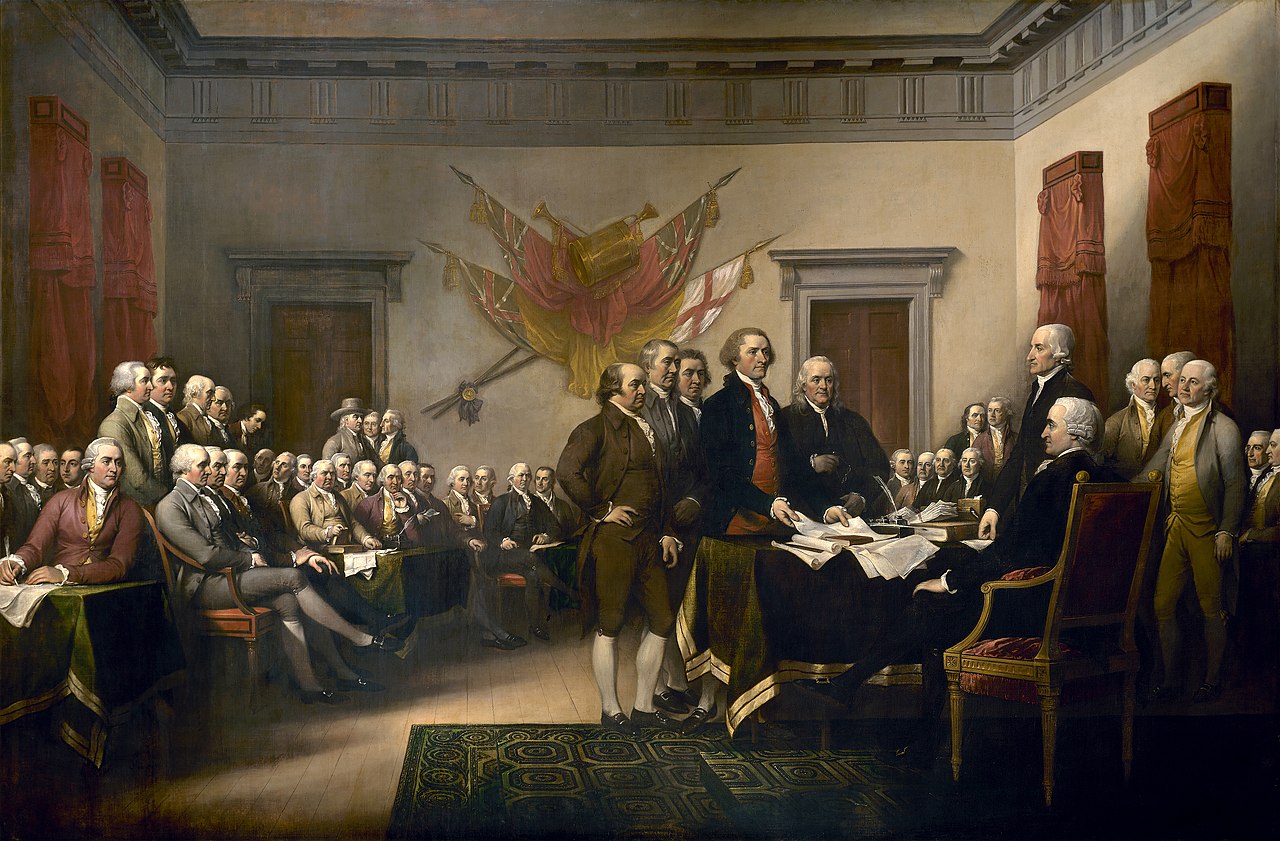The breach between the colonies and Britain first became serious after the Seven Years’ War, when Britain began to interfere more directly and frequently in colonial matters.
By 1763 the colonies had become accustomed to regulating their own affairs, though the acts of their assemblies remained subject to the veto of royally appointed governors or of the king himself. The vast territories acquired in 1763 in Canada and west of the Allegheny Mountains brought Britain added opportunities for profitable exploitation and added responsibilities for government and defense.
When an uprising of Indians under Pontiac (c. 1720-1769) threatened frontier posts in the area of the Ohio Valley and the Great Lakes, colonial militias failed to take effective action, and British regulars were brought in. The continuing threat prompted the royal proclamation of October 1763 forbidding “all our loving subjects” to settle west of a line running along the summit of the Alleghenies. To His Majesty’s “loving subjects” in the seaboard colonies, however, the proclamation seemed deliberately designed to exclude them from the riches of the West.
The colonies resented still more keenly the attempt by Parliament to raise revenue in North America. The British government had very strong arguments for increasing colonial taxes: The national debt had almost doubled during the Seven Years’ War; the colonies’ reluctance to recruit soldiers and raise taxes themselves had increased the cost of the war to British taxpayers; now the mother country faced continued expense in protecting the frontier. Surely the Americans would admit the reasonableness of the case for higher taxes, the members of Parliament thought.
That, however, was precisely what the Americans did not admit. The first of the new revenue measures, the Sugar Act of 1764, alarmed the merchants of the eastern seaboard because the customs officers actually undertook to collect duties on molasses, sugar, and other imports. Here was a threat to the colonial economy, for the import duties had to be paid out of the colonies’ meager supply of coins. The second revenue measure, the Stamp Act of 1765, imposed levies on a wide variety of items, including legal and commercial papers, liquor licenses, playing cards, dice, newspapers, calendars, and academic degrees. These duties further drained the supply of coins.
The revenue measures touched off a major controversy. Indignant merchants in the New World boycotted all imports rather than pay the duties, and in October 1765 delegates from nine of the colonies met in New York City as the Stamp Act Congress. The Congress, complaining that the new duties had “a manifest tendency to subvert the rights and liberties of the colonists,” proclaimed the principle that there was to be no taxation without representation.
Britain surrendered on the practical issue, but did not yield on the principle. The appeals of London merchants, nearly ruined by the American boycott against British goods, brought about the repeal of the Stamp Act in 1765. In 1766, however, Parliament passed a Declaratory Act asserting that the king and Parliament could indeed make such laws affecting the colonies.
For the next decade Britain adhered firmly to the principles of the Declaratory Act, and colonial radicals just as firmly repeated their opposition to taxation without representation. Parliament again tried to raise revenue, this time by the Townshend duties (1767) on colonial imports of tea, paper, paint, and lead. Again the merchants of Philadelphia, New York, and Boston organized boycotts. In 1770 Lord North’s cabinet withdrew the Townshend duties except for a three-penny tariff on a pound of tea.
Three years later the English East India Company attempted to sell surplus tea in North America, hoping to overcome American opposition to the hated duty by making the retail price of East India tea, duty included, far cheaper than that of Dutch tea smuggled by the colonists. The result was the Boston Tea Party. On December 16, 1773, to the cheers of spectators lining the waterfront, a group of Bostonians who had a large financial stake in smuggled tea disguised themselves as Native Americans, boarded three East India ships, and dumped chests of tea worth thousands of pounds into the harbor.
Britain answered defiance with force and the colonists met force with resistance. The Quebec Act (1774), incorporating the lands beyond the Alleghenies into Canada, bolted the door to the westward expansion of colonial frontiers. The Intolerable Acts (1774)—so called because taken together the colonists found them intolerable—closed the port of Boston to trade and suspended elections in Massachusetts.
At Lexington and Concord in April 1775 the farmers of Massachusetts fired the opening shots of what became the War of Independence. At Philadelphia on July 4, 1776, delegates to a Continental Congress formally declared thirteen of the American mainland colonies independent of Great Britain.

